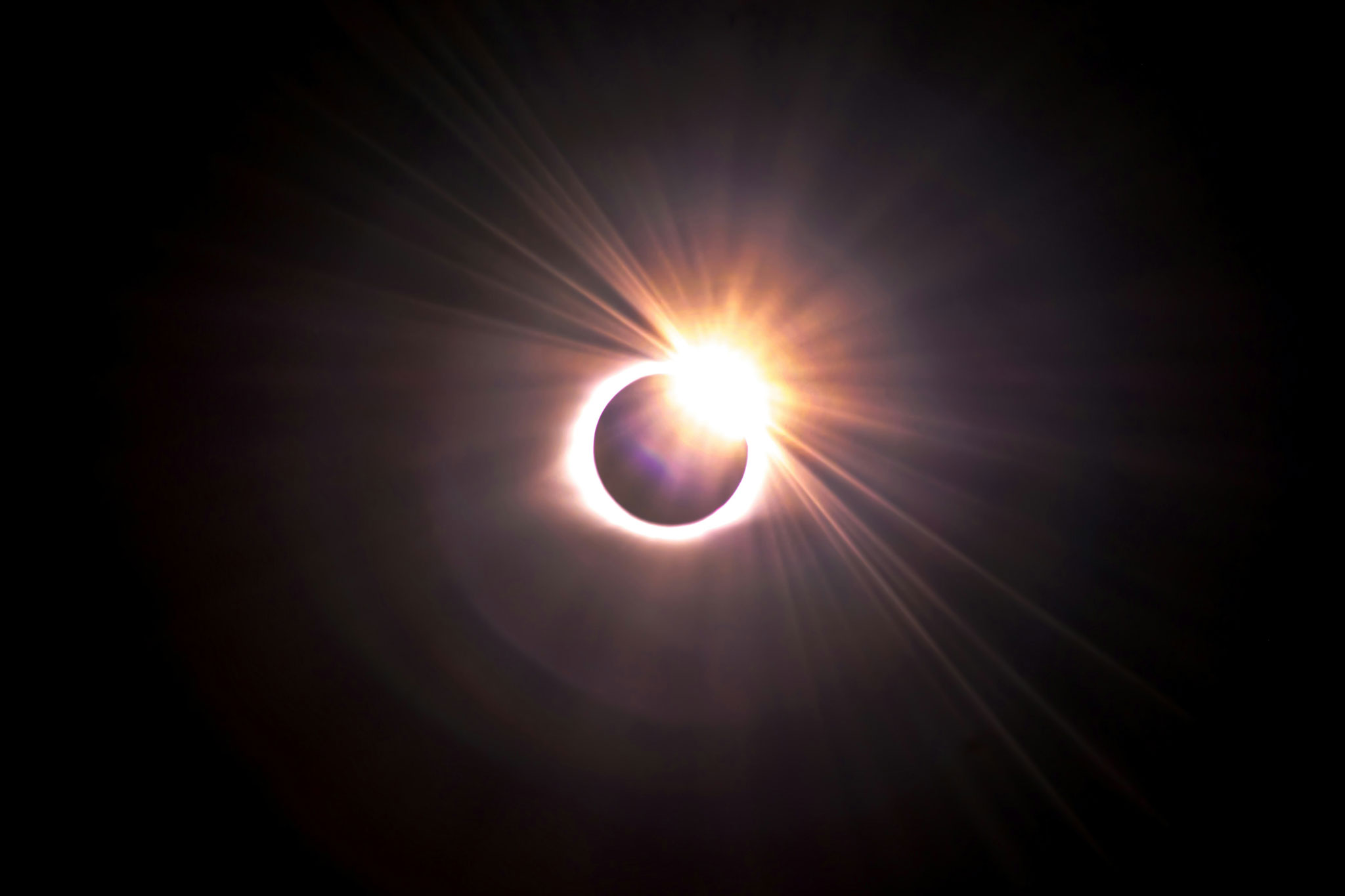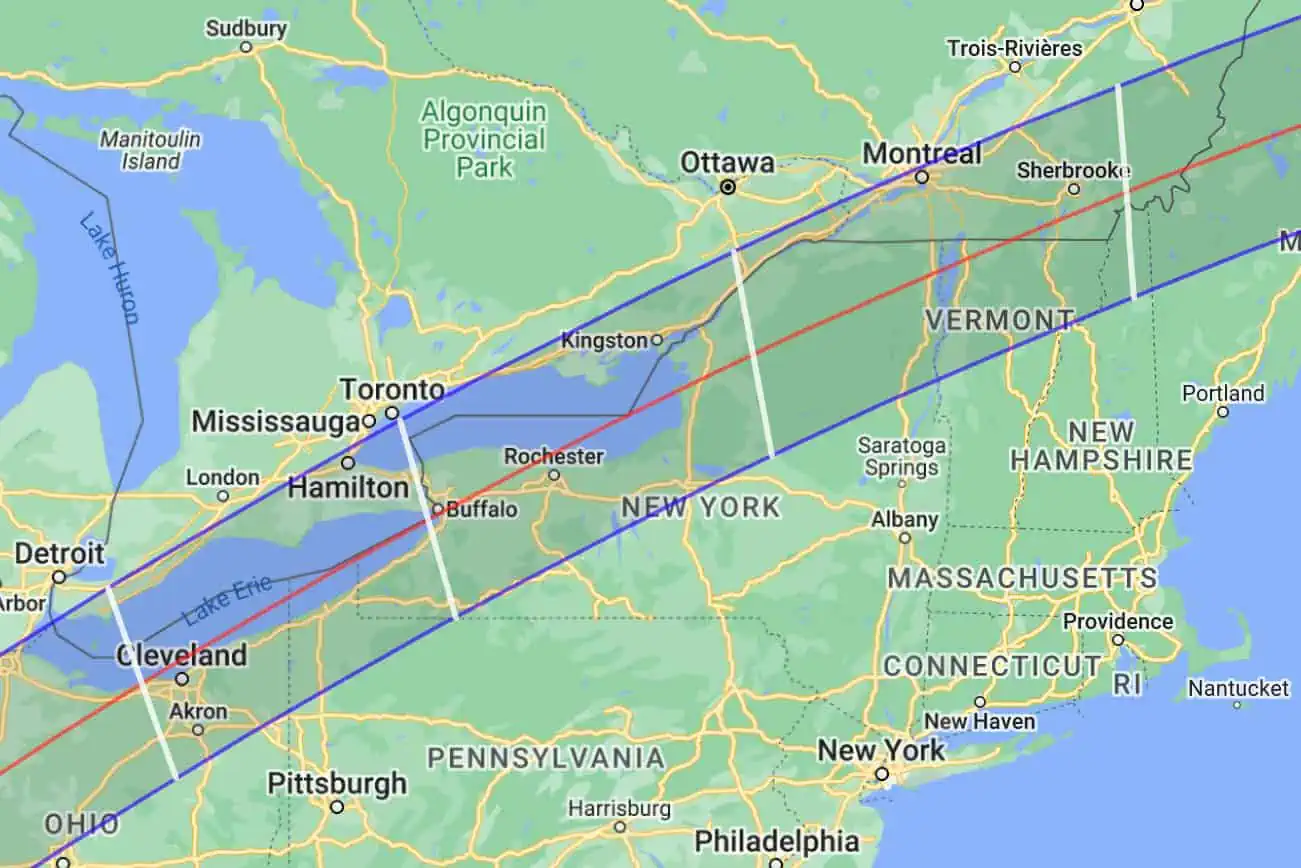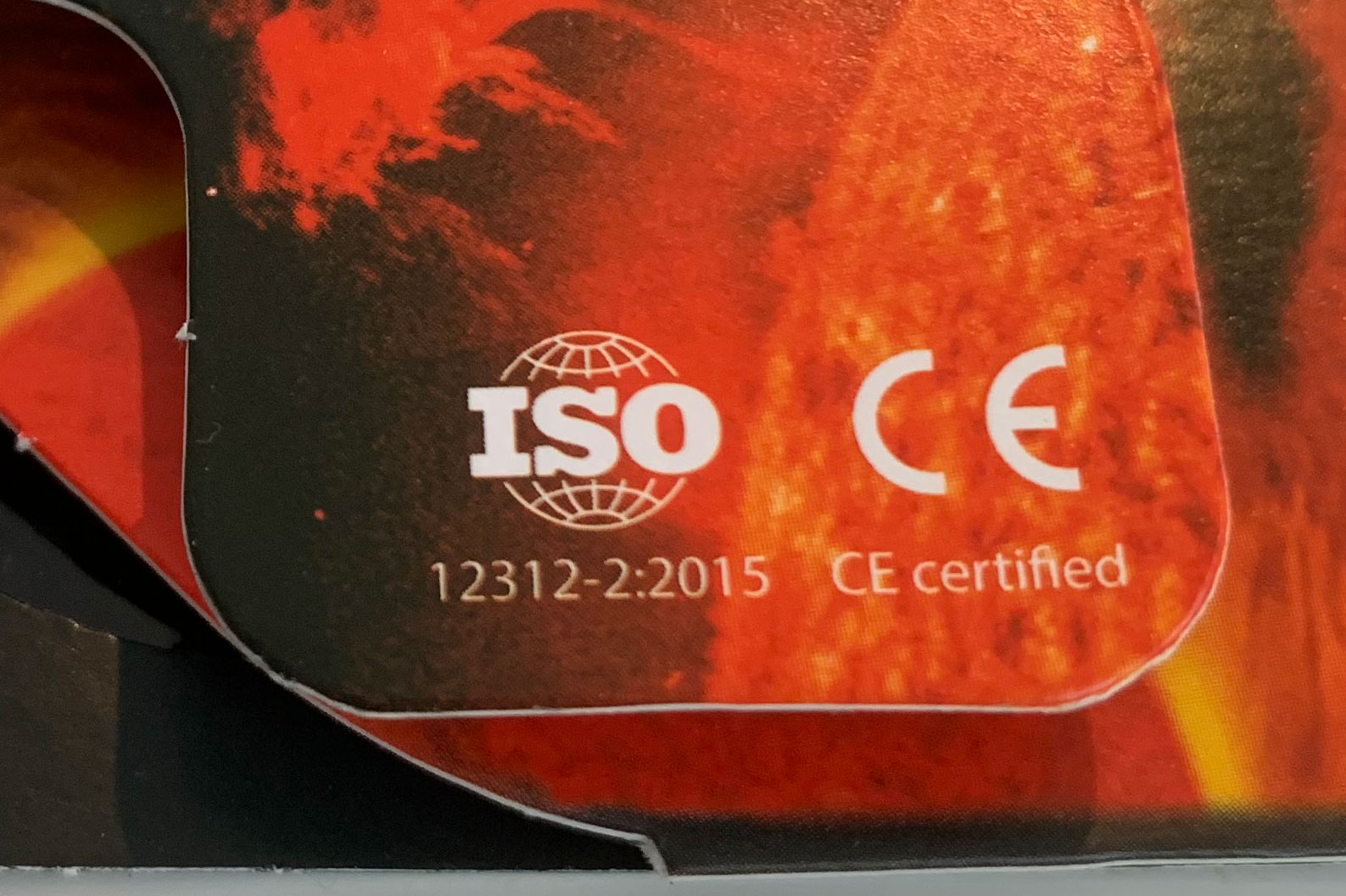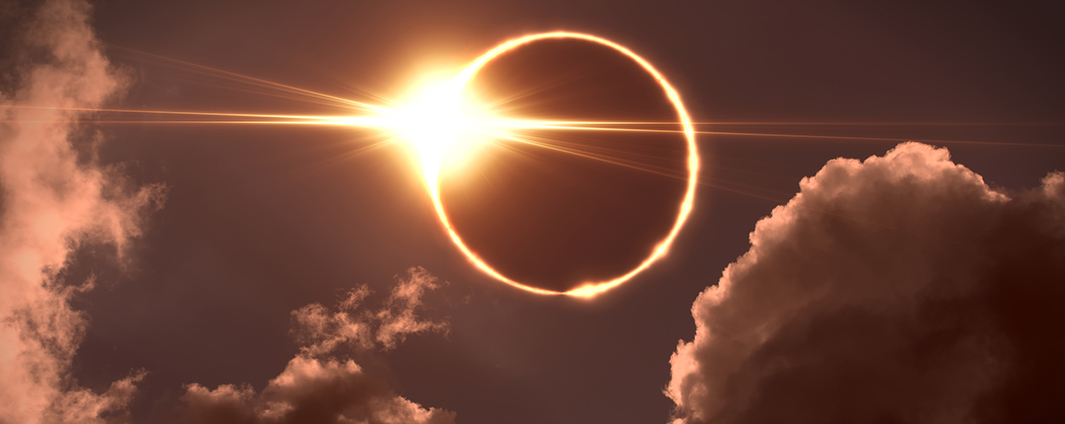Top questions and answers on the solar eclipse in Ontario
Published April 5, 2024 at 11:50 am

The solar eclipse is just days away and Google released the top questions people are asking in Canada about this rare event.
The solar eclipse, when the moon passes between the sun and the earth, will happen over parts of Ontario on Monday, April 8.
The event has taken on new heights in places such as Niagara Falls where several events are planned, hotels fully booked and Niagara Region declared a state of emergency.
According to Google Search, perhaps unsurprisingly, the most searched questions from the past 90 days are “when” and “what time” is the solar eclipse.
Other questions involve safety and preparations for the big event.
Here is the list of most searched questions (with answers added) on Google in the past 90 days in Canada:
When is the solar eclipse 2024?
The eclipse is on Monday, April 8.
What time is the solar eclipse 2024?
In Ontario, the eclipse starts a few minutes after 2 p.m. and last until about 4:30 p.m. The time will vary depending on where you are in the province. The sun will be fully eclipsed at 3:18 p.m. for about three and a half minutes in Niagara Region with slightly later times as you move east.
The exact timings for your location can be found here.

The path of totality for the solar eclipse on April 8, 2024.
Where to get solar eclipse glasses?
Certified eye protection may be available for free at some schools, public library workshops or events. There is a list of approved glasses for sale on the American Astronomical Society website. Prices range from $5 to $20.
Make sure they are the ISO 12312-2:2015 standard eclipse glasses. And watch out for fakes.
As time is running out, it may be best to make a pinhole camera with everyday items at home.

What happens if you look at a solar eclipse?
Looking directly at the sun (during an eclipse or any other time) could result in a condition called solar retinopathy, which occurs when the tissue at the back of your eye is damaged. Symptoms of solar retinopathy include blurred vision, particularly in the centre of your vision, and temporary or permanent sight loss.
How long will the solar eclipse last?
The eclipse will last about two and a half hours. The total solar eclipse, happening in the Niagara Region, Hamilton, Burlington and parts of eastern Ontario, will start around 3:18 p.m. and later as you move east.
How often is a total solar eclipse?
If you are willing to travel, there are total eclipses once every year and a half somewhere in the world but they are often not in populated areas. There are so-called “eclipse chasers” who travel to see these events.
When is the next solar eclipse after 2024?
The next total solar eclipse will be on Aug. 12, 2026, but it will mostly pass over the Arctic Ocean, with some visibility in Greenland, Iceland, Portugal and northern Spain.
On Aug. 2, 2027, a solar eclipse visible in Spain and northern Africa offers a long duration of totality, about six minutes.
The next total solar eclipse in eastern Canada is on Monday, May 1, 2079. The next one over the Toronto area is Oct. 26, 2144.
What does a solar eclipse look like?
The moon will slowly start to cover the sun and creating a shadow. In the partial eclipse area, providing it isn’t too cloudy, people with proper eye protection should see just a crescent shape of the sun.
In total eclipse areas, shards of light shooting out from the sun and even comets may be visible. It will become dark and people should be able to see stars and planets, depending on cloud cover.

When was the last total solar eclipse in Canada?
The last time the path of a total solar eclipse crossed Canada was on Feb. 26, 1979. It was visible in parts of Saskatchewan, Manitoba, Ontario, Quebec and Nunavut.
What happens during a solar eclipse?
A total solar eclipse happens when the moon aligns perfectly between the Earth and the sun plunging the planet into temporary darkness.
How to photograph an eclipse?
Some experts suggest people don’t photograph the eclipse as you are unlikely to get a good photo in the short window of time and you will miss seeing the event.
You could also damage your camera, according to Space.com. The intensity of sunlight could even melt parts of your camera. You will need a strong solar filter to prevent damage to your gear during the capture. A DSLR or mirrorless camera with full manual control along with a telephoto lens is suggested.
If you use your cellphone, the American Astronomical Society advises using a solar filter over the lenses to protect them. Don’t zoom in as you lose resolution and get a poor-quality photo, and don’t forget to switch off your flash, Space.com suggests.
Lead photo: Justin Dickey
insauga's Editorial Standards and Policies advertising





